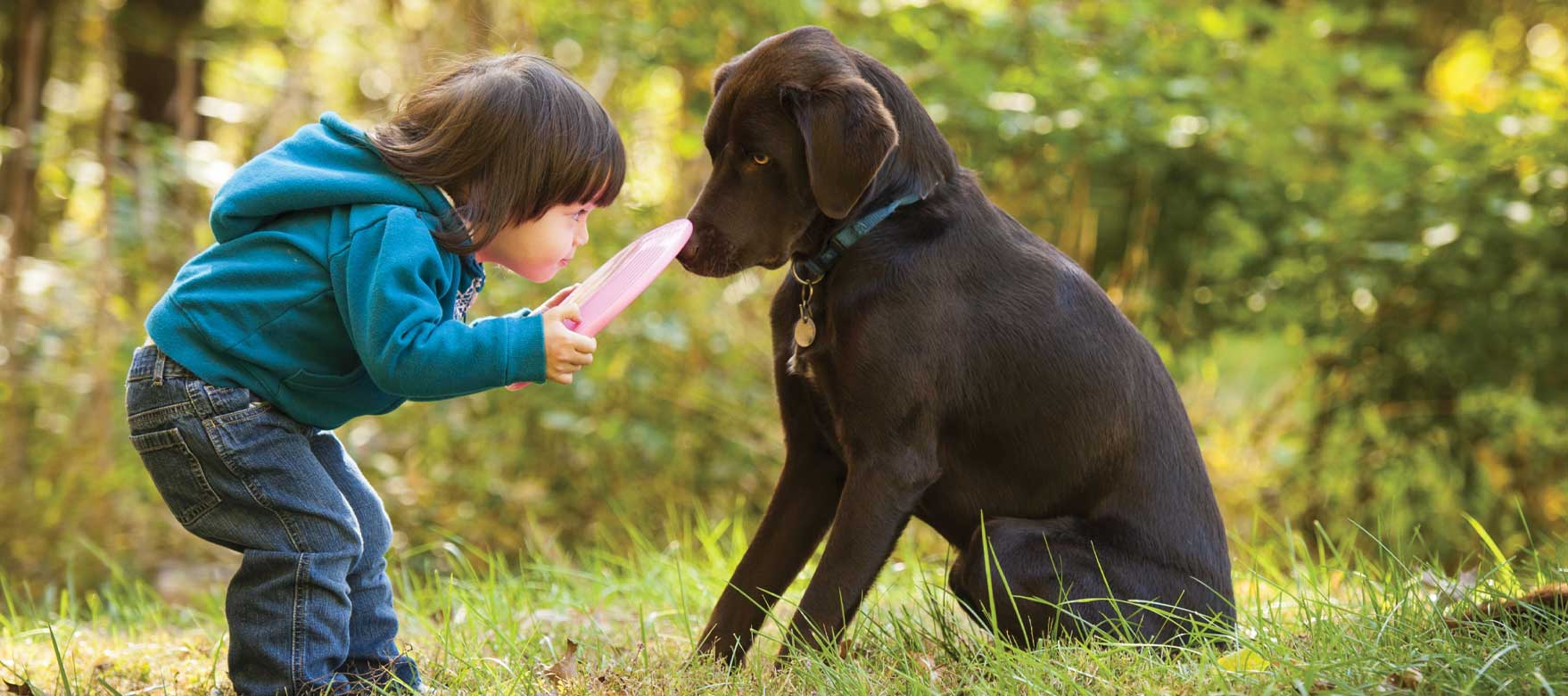Hot Dog! Keep Your Dog Safe for More Summer Fun
Summer fun can bring along a variety of unexpected accidents or illnesses. Dogs are all in for the fun, which means things like sunburn can be easily missed. This list will help you prepare for the unexpected, keep your canine companion safe and spend more time enjoying the season.
Keep your dog cool.
While you’re enjoying the weather, it’s important to keep in mind that your dog handles heat differently than you.
- In order to cool down, animals pant instead of sweat. Once the outside temperature is close to their body temperature, cooling down becomes difficult and the risk of heat stroke increases.
- Hydrate regularly to prevent heatstroke, over drinking and drinking from dirty puddles.
- There are plenty of cooling products your dog will appreciate. Elevated beds, cooling mats, bandanas, and portable cabanas are all things to consider.
- Know the signs of heat stroke: Excessive panting, drooling, high body temperature after taking a break, vomiting, dizziness, slow to respond.
Don’t leave your dog in a hot car.
Being stuck in a hot car is a massive risk for pets (and humans). It’s so dangerous, some states enforce laws against it. Leaving windows open and parking in the shade does not make it any safer. As little as 15 minutes in a hot car can cause brain damage, and even kill an animal. If you can’t bring your dog inside, leave them at home.
Swimming safety.
A splash into a pool, lake, or beach is the summer dream and a great way for your dog to beat the heat. Keep swim safety top of mind to avoid accidents and keep the fun uninterrupted.
- Not all dogs are natural swimmers. For dogs with long bodies and short legs, swimming becomes less about fun and more about survival. Dogs with smushed faces, such as french bulldogs and pugs, can’t swim because they sink and have trouble breathing.
- Dog vision decreases at night and with age.
- Clean ears after swimming to prevent infections.
- Frequently teach your dog how to exit the pool in case they accidentally fall in.
Protect the paws.
Pups are so tough they often hurt their paws on accident. If they are weirdly pulling the leash, limping, refusing to walk, or licking and biting their paws, they may have gotten a paw burn. Remember these tips so you can keep all four paws healthy.
- If it’s too hot to walk barefoot, it’s too hot for paws. Your dog is closer to the ground, making the blazing pavement or blacktop more intense for them.
- Try to take walks in the morning and evenings. Stay in the grass and shade during day.
- Dangerous surfaces: asphalt, sand, paving stone, manhole covers, boat docks, car and truck surfaces.
- If paws were burnt, take your dog to the vet as soon as possible to check for infection, get necessary medication and learn how to treat properly.
Lawn hazards.
The yard is an easy spot to get out and have some fun, but there can be unexpected dangers.
- Metal edging used for landscaping can cause serious cuts in an instant, requiring an emergency vet visit.
- Lawn treatment chemicals are known to cause cancer in animals and can remain on yards up to 48 hours after treatment. Dogs not only walk around in the yard, but they can also ingest chemicals by eating the grass.
- Mulch can be toxic and cause stomach issues, so make sure your dog isn’t in the flower beds having a snack.
- Toxins to beware of: Pest repellants, rodenticides, snail bait, fly bait, mole bait.
Ready for summer fun.
While summer requires extra pet precautions, it’s time well-spent having fun with your dog. Make a list of places with pet friendly patios, travel to see family, and treat your furry friend to doggie ice-cream as a tasty cool down.
For more peace of mind, we’re here to Embrace your pet.
Link for heat stroke signs:https://www.akcchf.org/canine-health/your-dogs-health/caring-for-your-dog/heat-stroke-and-heat-exhaustion.html
More Articles
-
Flooding
April showers may bring May flowers, but they can also bring flooding. And with more climate change, the risk of flooding increases. The National Oceanic and Atmospheric Administra...
-
It's PCS time again!
It’s that time of the year again! And if you’re a military family preparing for a move, there are a few things related to your insurance that you’ll want to think about. Our AFI ag...
-
Summer storms can be very costly — the time to prepare is now
Summer weather can be brutal. Almost everyone needs to prepare for the possibility of flooding, as even dry, desert areas can get summer storms that the ground just can't handle. R...

